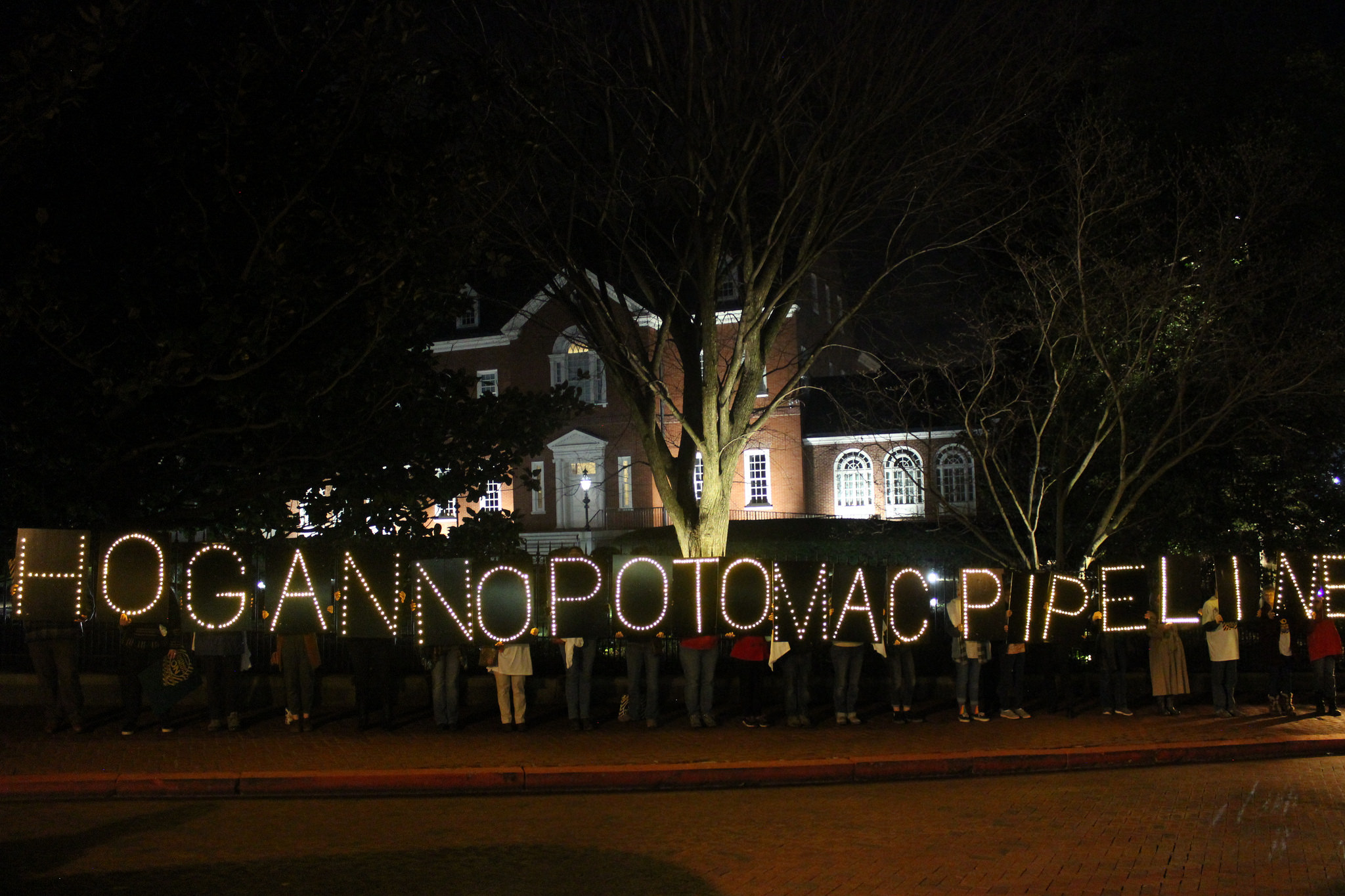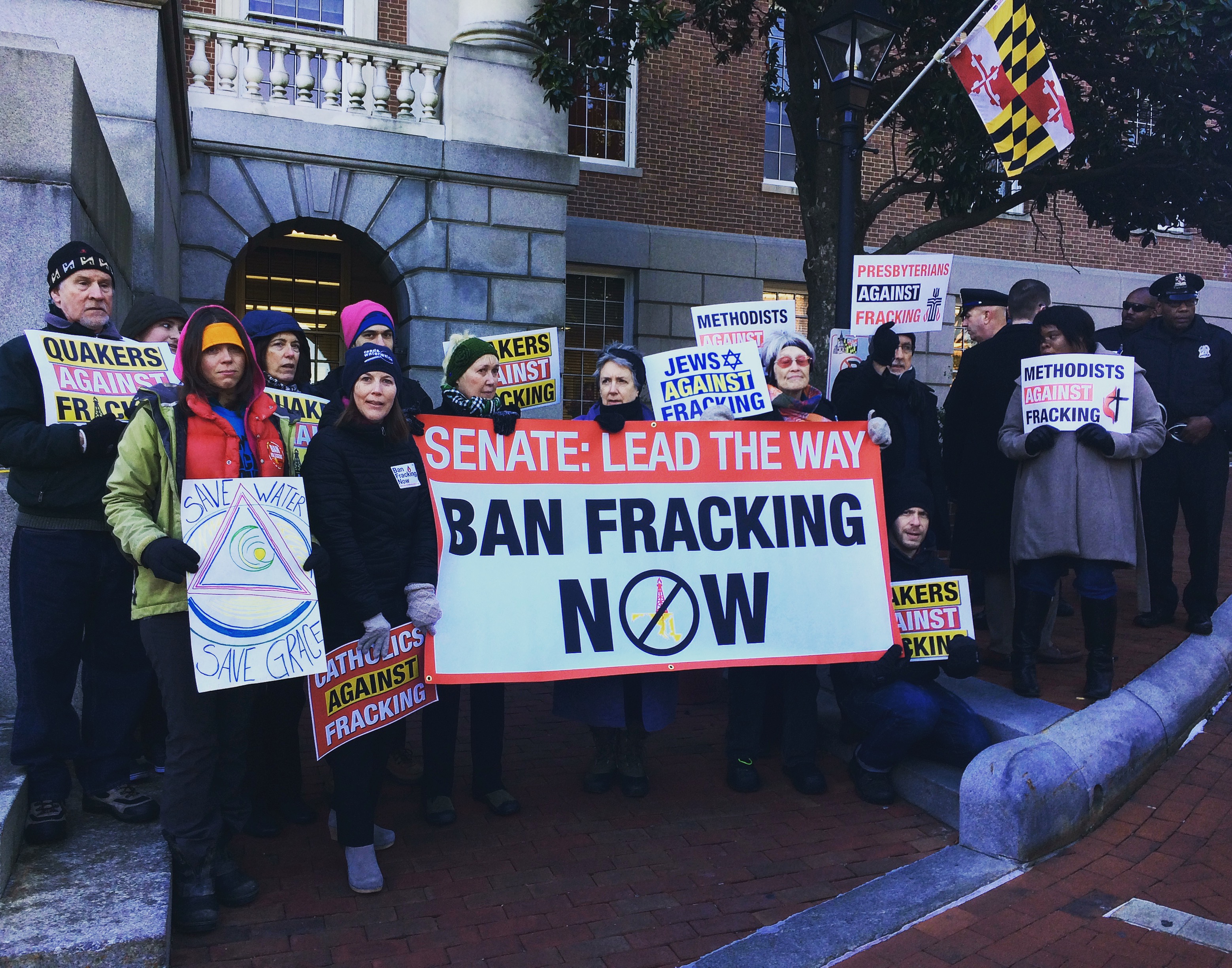Environmental Groups Vow to Continue Fight
WASHINGTON, DC — This week, the National Park Service determined that the fracked-gas Potomac Pipeline would have no significant impact on the C&O Canal National Historical Park, despite the clear threat it poses to the region, the Potomac River, and the climate. This decision could clear the way for the pipeline company Columbia Gas to request permission from federal regulators to begin construction on its controversial pipeline, despite not having access to all the land along the route. A federal judge last month threw out a case brought by Columbia attempting to seize through eminent domain a Maryland-owned public park to build its pipeline. Columbia is appealing that decision but the company’s likelihood of success on appeal is highly uncertain.
In response, Anne Havemann, General Counsel, CCAN, stated:
“Columbia Gas has taken risk after risk with this pipeline, starting with its proposal to run it through unstable terrain under the Potomac River — the source of drinking water for 6 million people. Not to mention the risk of investing in fracked-gas infrastructure at a time when the science and public opinion are clear that we need to move rapidly away from fossil fuels in order to stave off the most catastrophic effects of climate change. Columbia would be taking a further risk if it begins to build this pipeline without access to all the land along the route.
“We urge Columbia to listen to Maryland residents and elected officials and give up on this dangerous pipeline. At the same time, we will continue to pursue all legal avenues to stop the project.”
##
Patrick Grenter, Senior Campaign Representative in Maryland for the Sierra Club’s Beyond Dirty Fuels Campaign, said:
“Not only has Maryland banned fracking, they have rejected an attempted land grab for this specific fracked gas pipeline. This is a dirty, dangerous project that threatens the health of Maryland’s water, people, and communities and we are going to fight it every step of the way. Columbia Gas should listen to Marylanders and put this zombie pipeline to rest once and for all.”
Brent Walls, Upper Potomac Riverkeeper, stated:
“Whether through pressure from the Trump administration or giving in to industry’s ‘it’s safe’ rhetoric, it is a shame that the National Park Service failed to recognize the potential environmental issues with this pipeline.”
##
CONTACT:
Denise Robbins, Communications Director, denise@chesapeakeclimate.org, 608-620-8819
Anne Havemann, General Counsel, anne@chesapeakeclimate.org, 202-997-2466
The Chesapeake Climate Action Network is the oldest and largest grassroots organization dedicated exclusively to raising awareness about the impacts and solutions associated with global warming in the Chesapeake Bay region. For 16 years, CCAN has been at the center of the fight for clean energy and wise climate policy in Maryland, Virginia, and Washington, D.C. For more information, visit www.chesapeakeclimate.org


